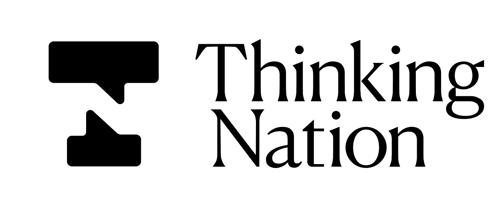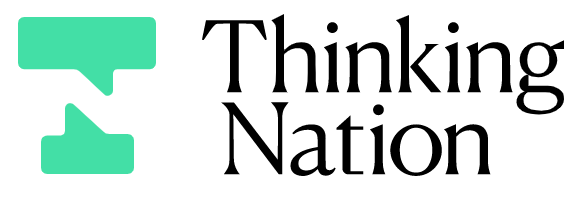
Tier I: Building
The Tier I: Building emphasizes the foundational mindsets of an inquiry-based classroom. Such classrooms prioritize the thinking practices inherent to the disciplines within social studies. Shifting a paradigm does not mean we need to change everything that we do, but it does mean that we need to change how we see what we do. In this tier, then, students wrestle with their role as a scholar and the importance of inquiry in the discipline of history. Teachers ensure success in their classrooms by starting with the end in mind and developing structures that facilitate student growth toward that end. Context is also key to building foundational mindsets, so this tier emphasizes the broader educational contexts of literacy, civics, and our own local contexts.
Tier II: Teaching
This Tier II: Teaching focuses on the practices of an inquiry-based classroom rooted in historical thinking. Students begin to engage with perhaps the most foundational components of our discipline: document analysis. Furthermore, students engage with specific historical thinking skills and begin to develop structures for asking rigorous and thoughtful questions. Teachers are coached through the disciplinary nature of history and the necessity for inquiry being the foundation of a robust social studies experience for their students. As departments, we think through the benefits of a common language for what we do for building alignment and changing the academic culture of our schools and districts.
Tier III: Assessing
Tier III: Assessing acknowledges that having a common language for what we do is only one piece of the puzzle. We must also have a common language for success to effectively transform social studies education, both in our classrooms and across the country. Students work through the analysis and writing process, cornerstones of historical thinking. Teachers are provided with tools to measure student success, both in how class time is used and how students demonstrate mastery. This approach enables rich teacher collaboration through data.
Tier IV: Empowering
At the heart of Thinking Nation's mission is to empower students as thinking citizens. Tier IV: Empowering- is where change transcends daily practice. Students demonstrate agency in how they uncover the past in the way that they make connections to other disciplines and articulate complex arguments in writing and discourse. Schools demonstrate rich vertical alignment, through data analysis that enables systemic change and progress across schools and districts. When social studies classrooms embody these types of thinking and practices, classrooms, schools, and civic communities are transformed.
















































